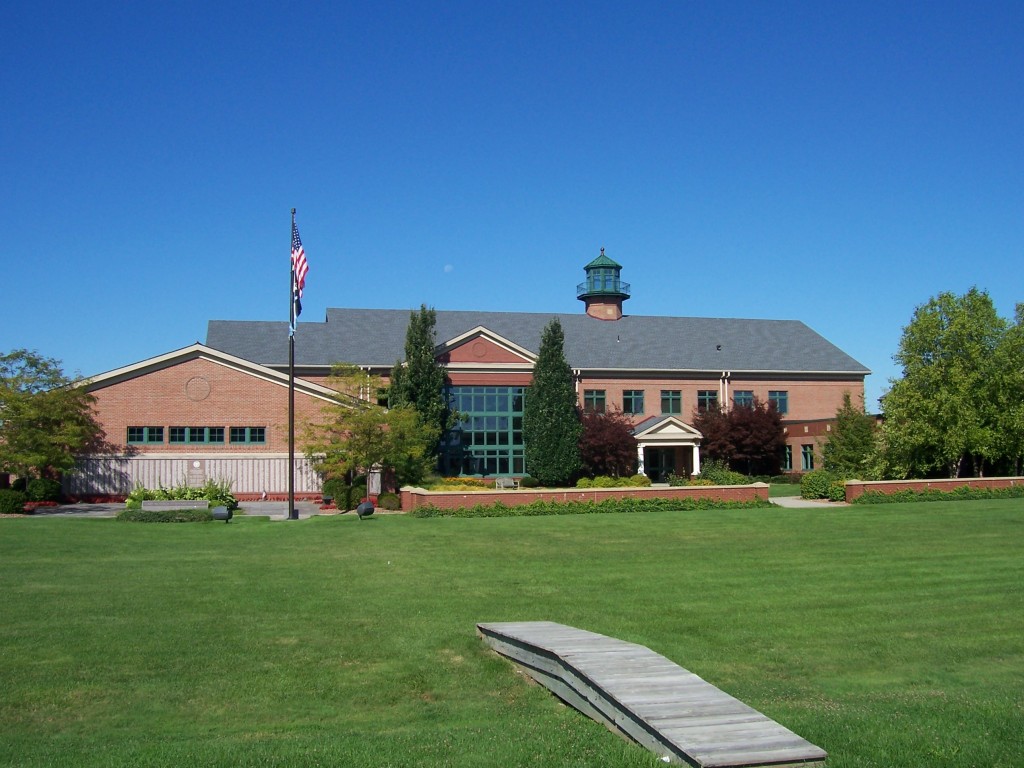
Does Greece show the way for religion in the public square?
In a 5-4 decision in Town of Greece v. Galloway, May 5, the US Supreme Court upheld the practice of the town council of Greece, New York, of having various religious leaders from the community offer an opening prayer at its meetings. Many conservative Christians are celebrating the victory, but not all. Religious freedom scholar Carl Esbeck, for one, has sharply criticized the practice of government-sponsored prayers as wrongly commingling state and church, to the detriment of both. He did, though, praise the Supreme Court for not requiring government officials to selectively exclude allegedly “sectarian” prayers, allowing only “nonsectarian” prayers which in truth express “a vague theism not actually practiced by anyone.” Other skeptics of government-sponsored prayer have praised the decision for not going along with the secularist agenda to sanitize every government-related venue, item, and practice of anything that smacks of religion, as if religious practices and the religious symbols of our history are uniquely unacceptable.
Why even note this decision about town-council prayer in a newsletter focused on the religious freedom of faith-based organizations? The decision and the varied reactions it has evoked reminded me of the proposal made about ten years ago by legal scholar Noah Feldman. In a New York Times Magazine article and then in the book entitled Divided by God: America’s Church-State Problem–and What We Should Do About It (2006) Feldman offered a proposal to unify Americans despite our dangerous (he says) religious divisions: allow religious argumentation and religious symbols in our public life (this honors our-diverse-religious commitments) but exclude faith-based organizations from government funding (because such funding fosters conflict, not common values).
At the time, I took issue with this as a non-solution (to a non-existent problem): “The government [instead] should honor the convictions of all citizens, discriminating neither for nor against religion when funding social services and neither for nor against religious arguments and the religious symbols and activities that constitute so much of our history and our lives together.” Faith-based organizations should not be excluded from government funding available to secular organizations, and religious symbols and speech should not be sanitized from the public square when secular symbols and speech are permitted. But no government-sponsored prayer or worship: “[G]overnment officials can’t be the nation’s clergy. That is not merely divisive but idolatrous.”
